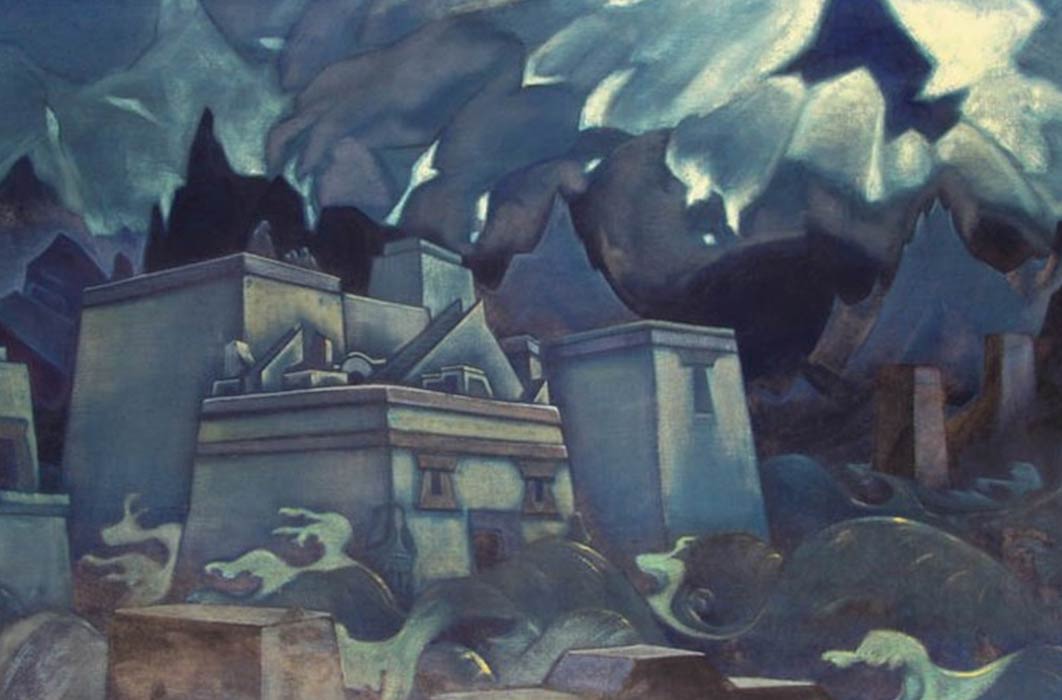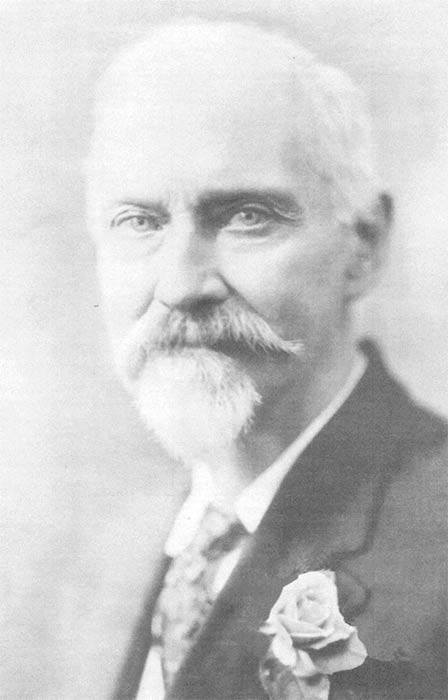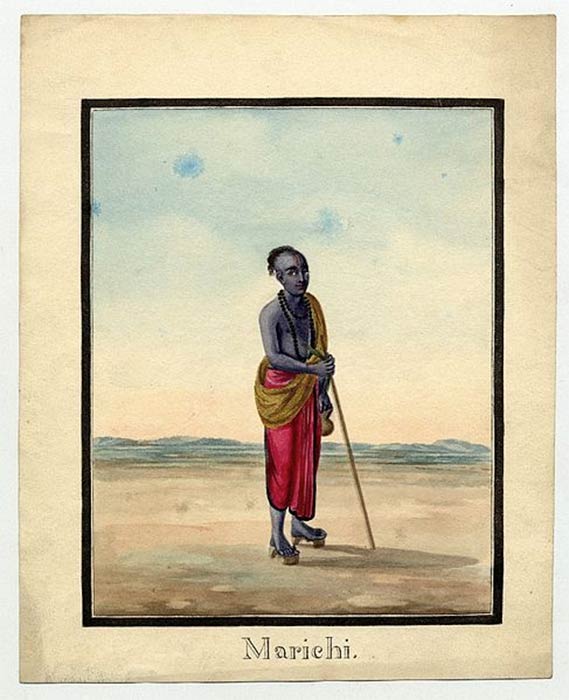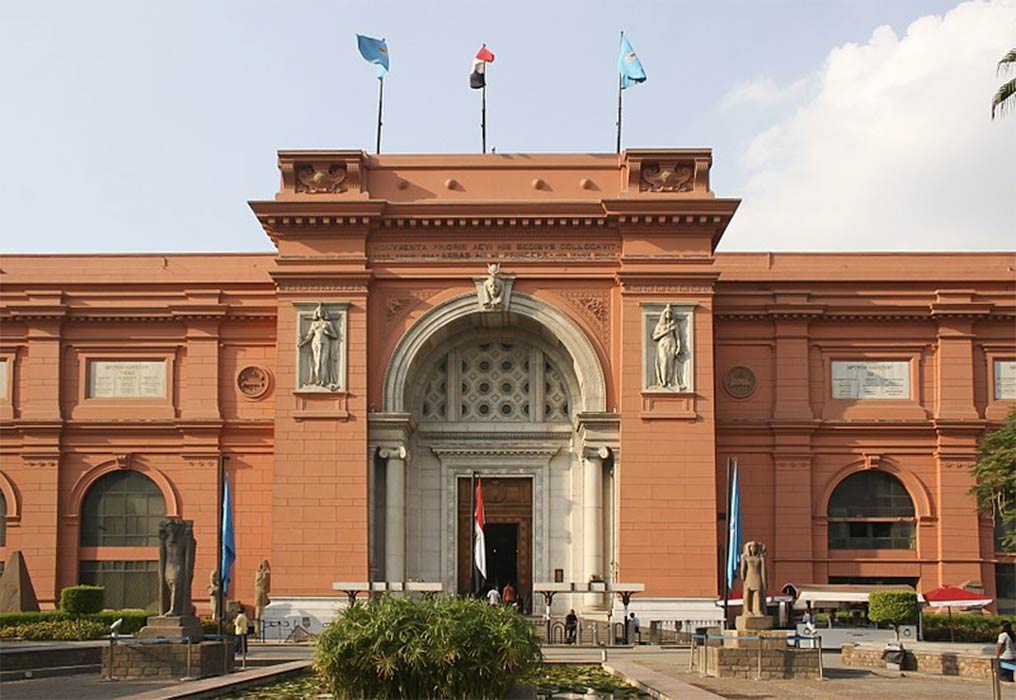
Quest For Mu: 200,000-Year Old Sunken Pacific Continent
In the 19th century a Hindu priest introduced British army Colonel James Churchward to ancient tablets, revealing the existence of a primordial lost civilization, which led to Churchward’s lifetime quest, spanning several continents and islands, to unravel the mysteries of Mu, a Pacific continent, which was destroyed in a cataclysmic shift of the earth’s poles. He discovered remnants and relics of this 200,000-year old civilization, and considered the great civilizations of Atlantis and the old Oriental empires, India, Egypt and Babylonia, as the ‘offspring’ or dying embers of Mu.

Colonel James Churchward (Public Domain)
James Churchward Meets The Rishi
Colonel James Churchward was born in Devonshire (southern England) in 1851. The Churchwards were an old Devonshire family with a strong Masonic background. He told friends that he had been educated at Oxford and the military academy at Sandhurst. In 1868, at only 18 years of age, he was sent to India as a young military officer. As part of the British military in occupied India, Churchward eventually rose to the rank of Colonel. His first assignment brought him to Central India to assist in famine relief, and it was here that he made a contact that would change his life. A high-ranking Hindu priest, known as a rishi from a temple school monastery befriended him, and a 12-year association began. As the friendship deepened, the rishi gave Churchward access to some very rare and mystical ancient tablets which had purportedly been hidden in the temple vaults for thousands of years. The tablets were carved with arcane symbols, and the rishi began teaching Churchward how to interpret some of the simpler signs. Churchward proved an avid student, and the lessons continued until eventually Churchward had mastered the language—supposed to be the original language of mankind!

19th- Century Marichi, a Rishi and son of Brahma. (Public Domain)
The tablets revealed facts about the origin of civilization, and the tales they told of an advanced worldwide culture that disappeared after cataclysmic earth changes in the far distant past would “fire the dullest imagination.” After 12 years of studying Mu (as this mother civilization was known) with the rishi, Churchward felt it was time to leave India. His knowledge of the primordial civilization described on the tablets of the temple, combined with a scholar-adventurer’s curiosity and wanderlust, spurred him to search for further evidence of this civilization.
Following the Trail From Asia To Egypt
About 1880, the Colonel retired from the British military and left India for the South Seas (specifically, Tonga and the Caroline Islands). Here, Churchward found evidence for the existence of Mu in the form of rock carvings, which he deciphered using the language of Mu. These carvings, which he believed were being read correctly for the first time since the fall of Mu, prompted him to continue his search in Tibet and parts of Central Asia. One would imagine that Churchward used his status and contacts as a retired Colonel to travel relatively cheaply with military convoys, sleeping in army barracks and such. His letters of introduction from other British officers would no doubt serve him well. Travel in the late 1800s and early 1900s was expensive and slow, especially in Central Asia and the vast Pacific; even today many Pacific Islands are difficult and expensive to reach. Churchward became an extremely well-traveled man for the time period, by any standard.

Facade of the Egyptian Museum, Tahrir Square, Cairo (Diego Delso/ CC BY-SA 3.0)




